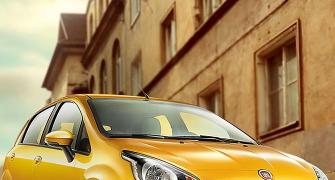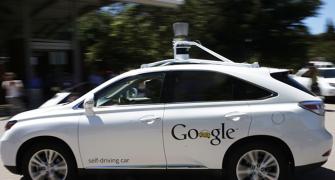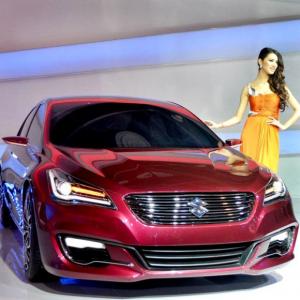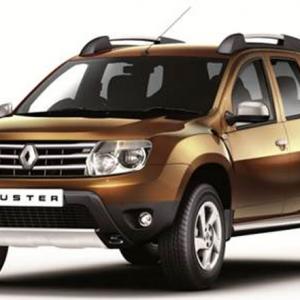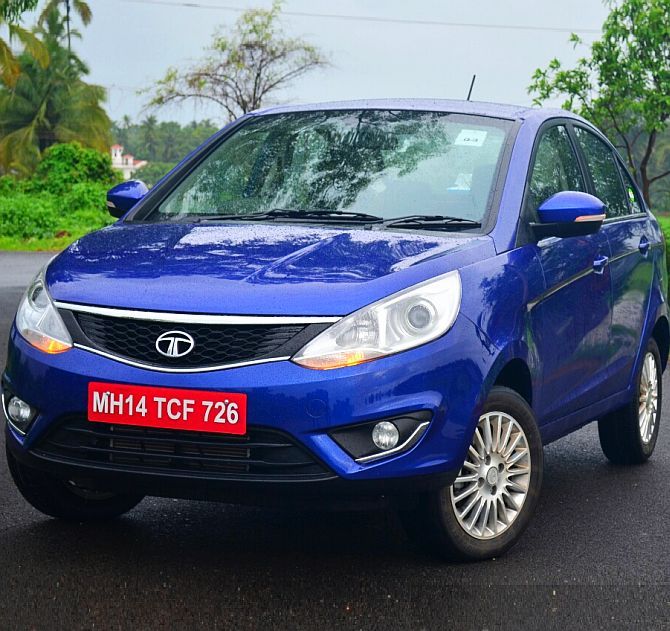
Since January 2013, when the decision was taken to gradually loosen the control on diesel prices, the latter have been raised every month by up to 50 paise a litre.
So far, the price has cumulatively risen by Rs 11.81 a litre in 19 instalments.
On October 27, 2012, when diesel price was last revised previous to decontrol, the difference between petrol and diesel prices was Rs 21.45 a litre in Delhi (diesel = Rs 47.15; petrol = Rs 68.19).
In Mumbai, it was Rs 22.10; in Chennai, it was Rs 21.61; in Kolkata, Rs 24.96 (diesel = Rs 50.78; petrol = Rs 75.74).
But with international oil rates on the decline, petrol price was cut by Rs 1.51 a litre on August 30, 2014.
On August 1 this year in Delhi, diesel had become Rs 58.4 a litre; petrol was Rs 68.51 on August 31, a difference of Rs 10.11.
In Mumbai the difference was Rs 13.19 as on August 31, as petrol price was revised to Rs 76.41. 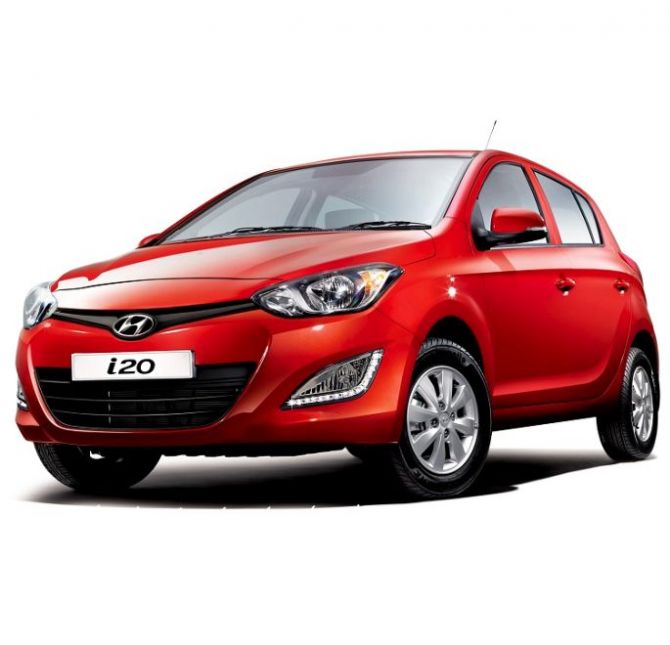
In Chennai on August 31, the difference is less, at Rs 9.25 as petrol price moved up to Rs 71.55.
The difference in Kolkata was at Rs 12.92 on August 31 as petrol prices increased to Rs 76.14..
Which is why a recent CRISIL Research study says “the extra money paid to buy a diesel variant no longer makes economic sense”.
It says in 2011-12, when the price differential was at its widest, it took around 2.5 years to recover the premium paid to buy a diesel car, considering the savings on fuel and on resale price. 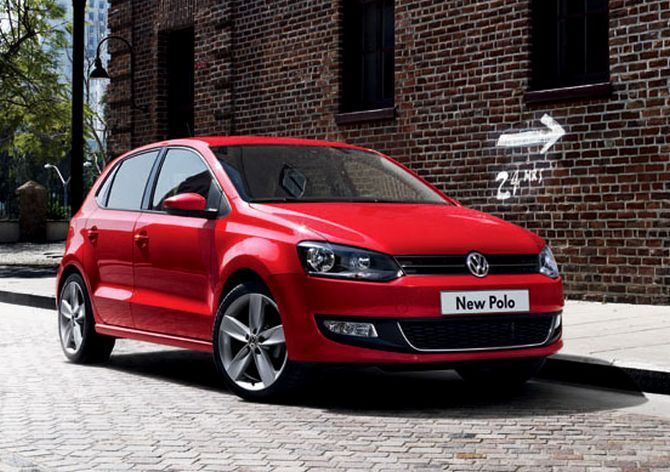
Today, it will take nearly six years to recoup the money.
This takes into account average car usage in India, of 10,000 km annually.
If one also factors in the time value of money, recovering the price premium will take even longer.
This clearly indicates that purchasing a diesel car today does not make economic sense for private users, unless justified by usage.
N Sibgathulla, founder, Royal Carz, a Bengaluru-based multi-brand car dealer, says before diesel was partially deregulated, those looking to buy new cars would prefer diesel cars. 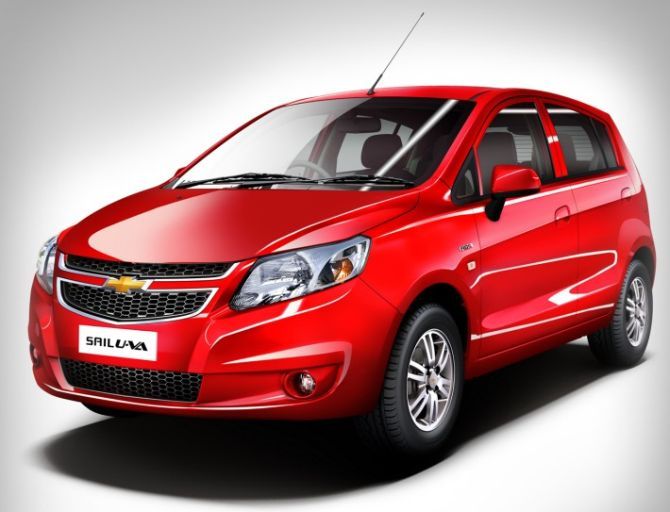
And, those looking to buy pre-owned cars would prefer petrol variants, as these were cheaper.
“However, today, petrol variants of cars are seeing demand in both segments, new and pre-owned cars.
"Apart from the loss of fuel price advantage, the maintenance of diesel cars is also higher,” he says.
And, these are also priced higher.
The premium ranges from about Rs 100,000 for small cars to as high as Rs 300,000 for luxury sedans. 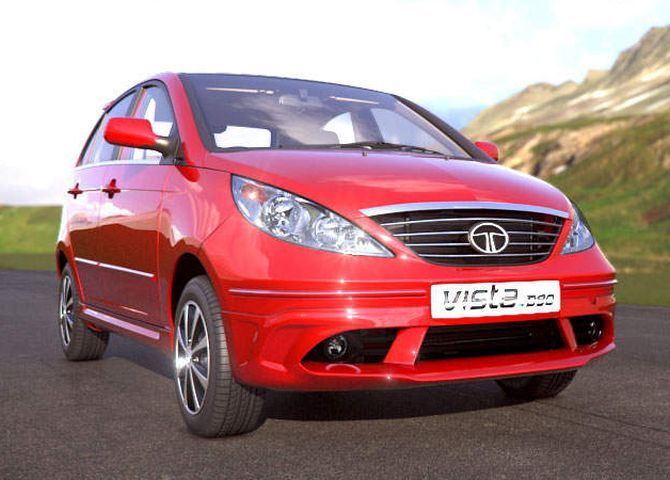
In percentage terms, diesel cars in India are priced 20-25 per cent higher than the petrol variant for the same model, higher than the average of a 10 per cent price premium in Europe.
However, Kumar Kandaswami, senior director at Deloitte in India, feels diesel variants of cars will not lose sheen completely.
“It’s just that these will be more evaluated from a usage point of view, as against petrol.
"Pre-2013, it was a no-brainer to buy diesel variants due to lower fuel cost,” he says.
Here are some cases when a diesel variant would make sense:
High usage
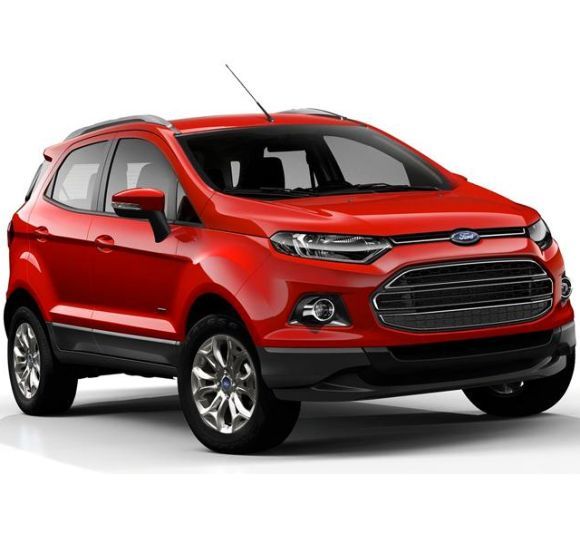
It would be easy to choose between a petrol and a diesel variant if you know your usage.
“If you will travel 70-90 km a day or more, you should prefer a diesel variant.
"But if you will travel 20-25 km, pick the petrol variant,” says Sibgathulla.
Though petrol cars are more power-efficient, these can be used only for limited running, as they deliver lesser fuel efficiency, leading to high running expenditure.
For instance, in cities of Karnataka. petrol variants can be preferred as most places are within a 50-60 km radius, he further explains.
In Mumbai or Delhi, where people easily travel 30 km each way, diesel variants can be a choice.
Commercial use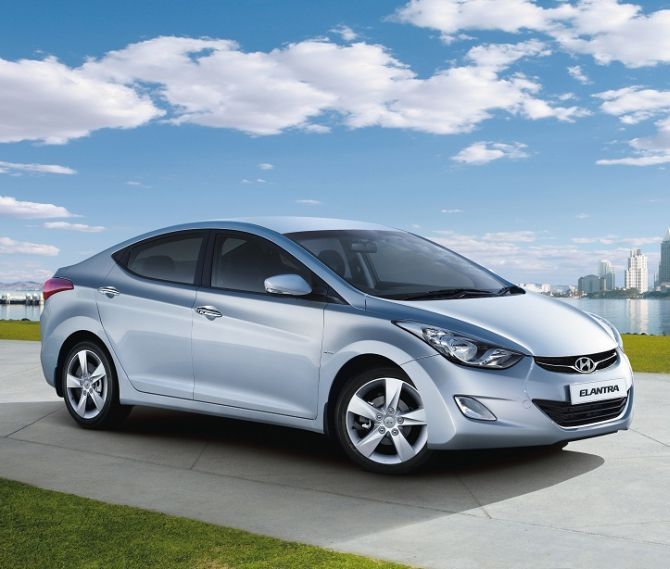
If you are looking to use the car for personal purposes, a petrol variant is better.
Those looking to use the car for a commercial or business purpose might be better off with a diesel variant.
The CRISIL Research study says purchasing a diesel car today makes economic sense only if justified by usage.
For commercial users, diesel cars still make economic sense in this regard.
Higher mileage
Diesel variants give better mileage; the difference is even more for bigger cars.
Says Kunal Khattar, co-founder and vice-president, Carnation Auto India, “A car with a 3-litre petrol engine will give an average mileage of eight to nine km a litre.
"However, a diesel variant will give an average of 11-12 km a litre; 20-15 per cent better mileage.”
In smaller cars, with 800cc or 1-litre engine, petrol variants will have overall lower cost of ownerships because of lower upfront and maintenance costs, he adds. 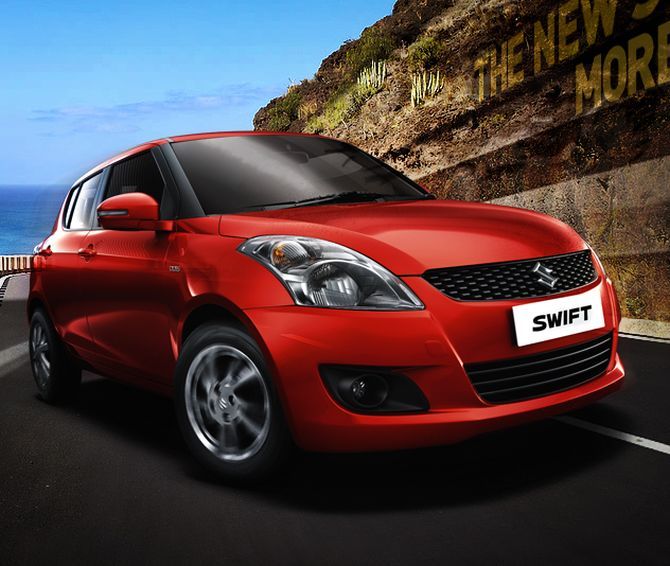
European brands
A lot also depends on the car brand or its manufacturer.
Says Khattar, “European manufacturers like Volkswagen, Audi, BMW, are good with diesel engine because Europe sells higher number of diesel cars than petrol cars.
"Japanese and American manufacturers have better petrol cars as they have made significant investments in petrol engine technology as these are mostly petrol or gasoline markets.”
Maruti Suzuki partnered Fiat for diesel engines.
Even Honda didn't have diesel engines till a year before.
India sells both variants.
Longer engine life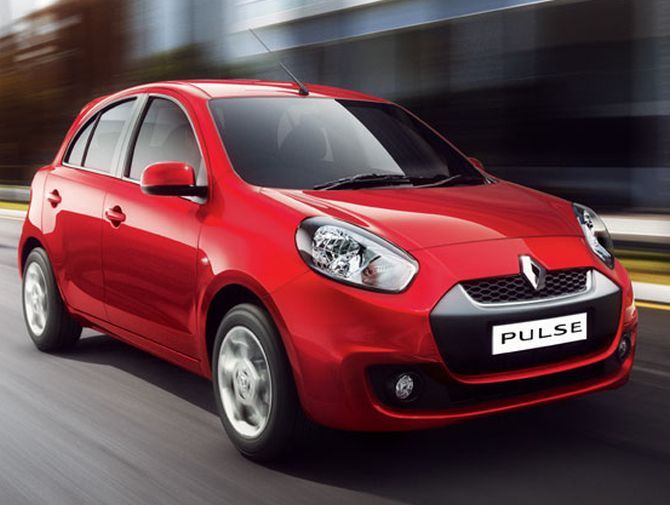
Khattar says if you want a longer engine life, go for diesel engines. But some differ, as they believe diesel engines work on compression-type ignition with the compression ratio being higher than petrol engines (spark ignition).
And, hence diesel engines have a shorter life.
But a well-maintained diesel engine can run well up to 300,000 km, sometimes even up to 500,000 km, when a petrol one can go up to 100,000 km.
Of course, for this you need to spend a bit more on diesel cars.
Certain filters, for instance, need to be changed frequently.
Higher depreciation cost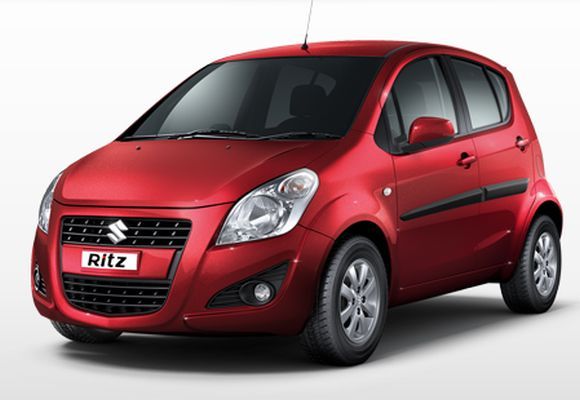
Depreciation cost is the value a car loses in a certain time period.
Petrol cars are better performers compared to diesel ones but even then, the demand for second-hand diesel cars in the domestic auto market is more.
That is why the depreciation cost of petrol cars are more compared to the diesel ones.
Better performance
Petrol engines are considered more efficient than the diesel ones as they can operate at high revs, due to lightweight parts.
Additionally, petrol engines use spark ignition over diesel engines’ compression ignition and, so, have smaller compression ratios.
So, petrol engines technically have superior power-trains.
But this won't hold true when compared to high-tech diesel mills, say experts.
Being denser than the petrol, diesel holds 15 per cent more energy and returns more miles than the petrol fuel.
And, turbocharging of diesel engines boosts the performance.


